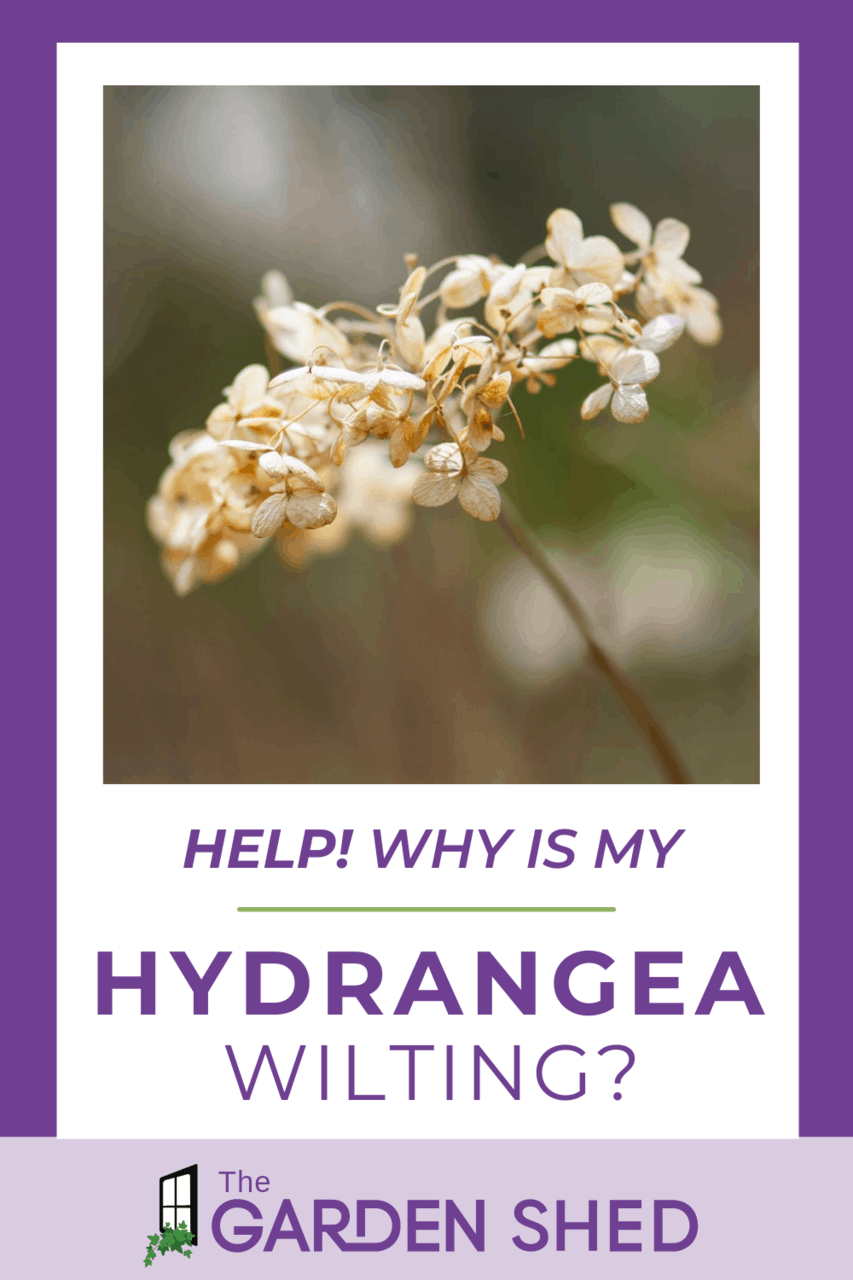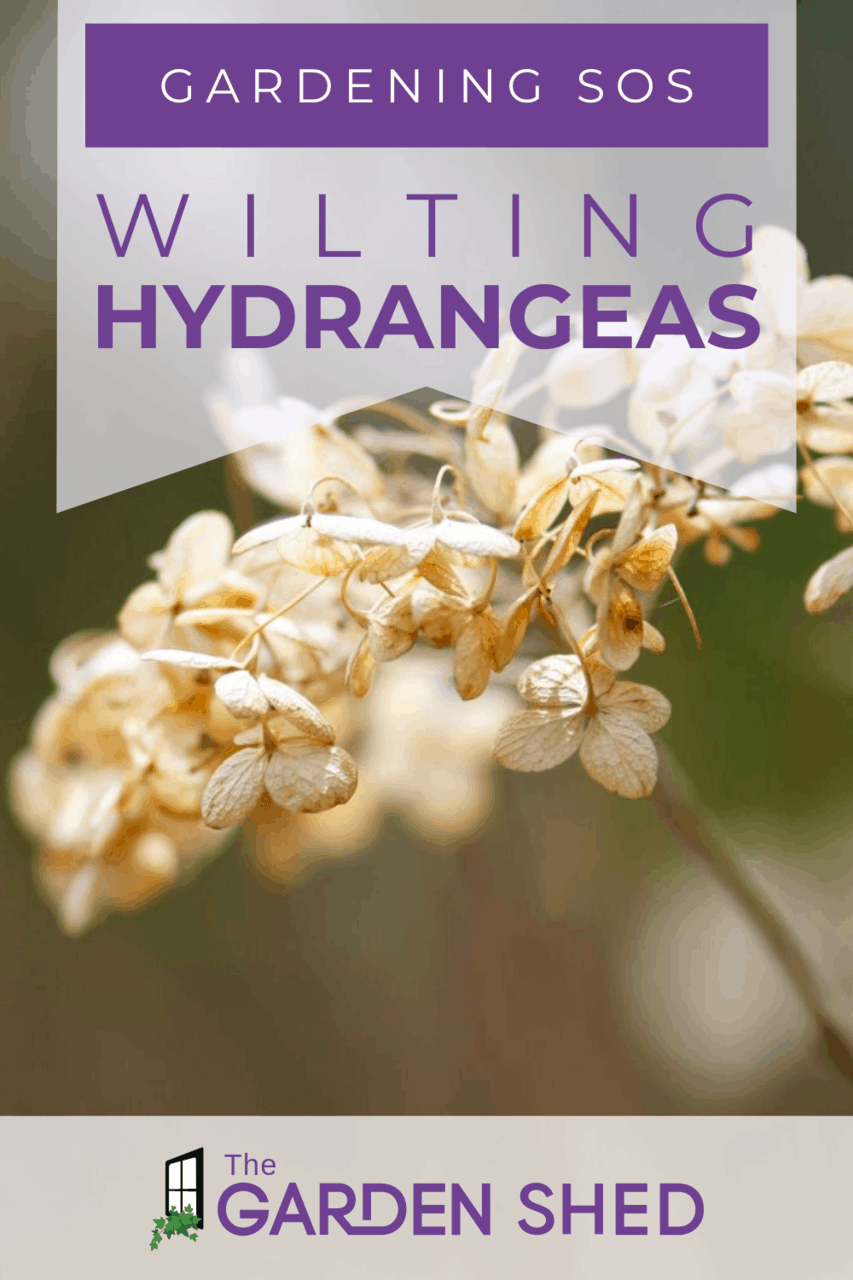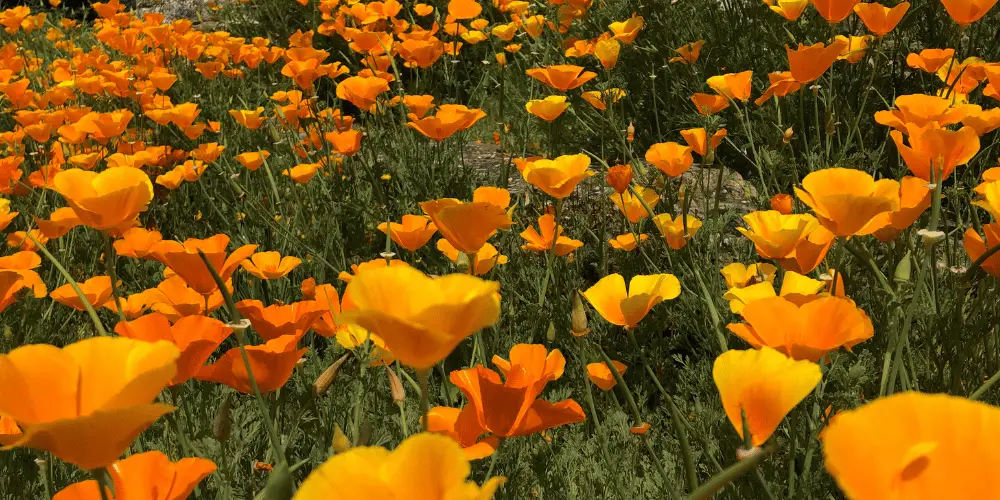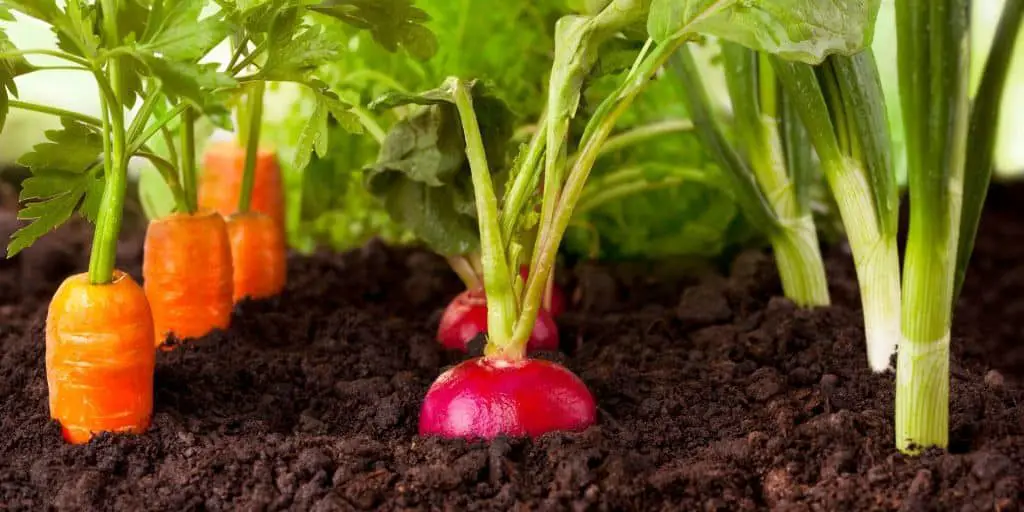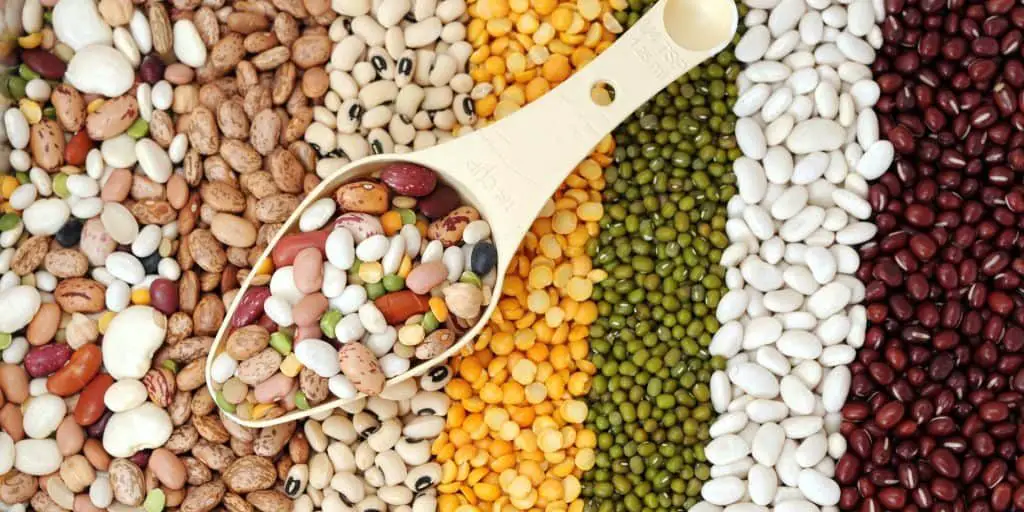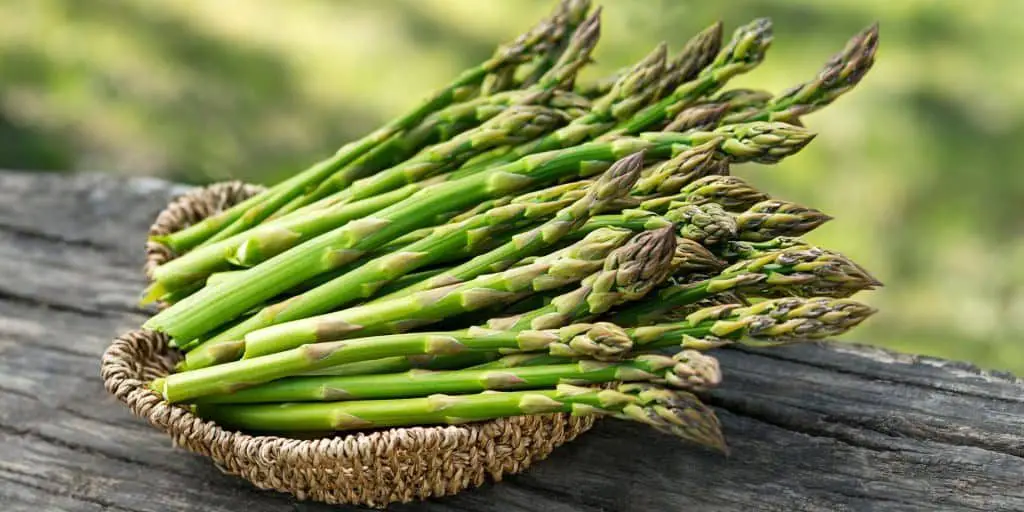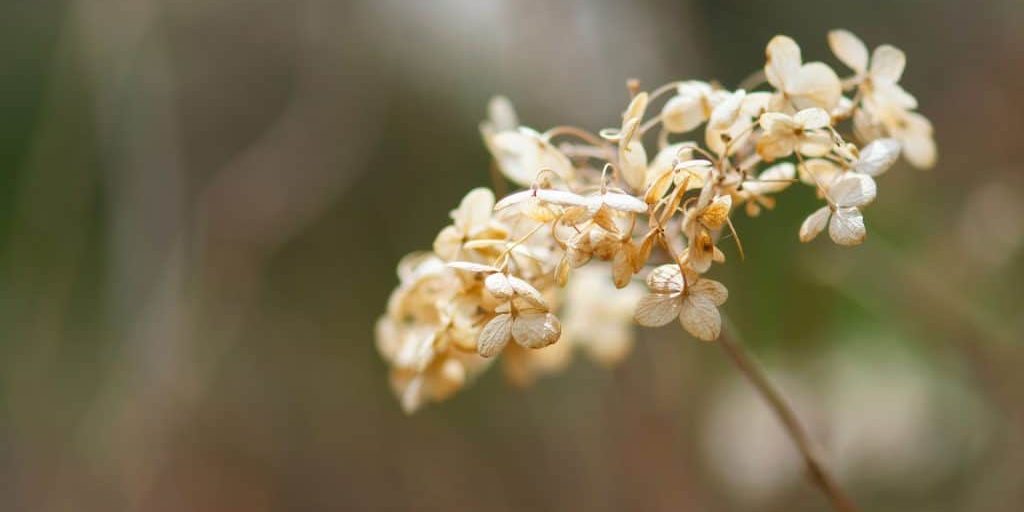
Why Is My Hydrangea Wilting?
Hydrangea wilting is usually a problem that can be solved fairly easily. Once well established, however, hydrangeas are relatively care free. If you are seeing hydrangea wilting, it is a sure sign that something is amiss. Here are the most common reasons for your drooping hydrangea and some easy ways to revive it.
Roots are Not Well Established
If you planted your hydrangea recently then its roots are not yet well established. The shallow roots of a young plant cannot reach down deep to withdraw water from the ground. Therefore, newly planted hydrangeas need watering at least every other day, or even every day if you live in a hot and dry area. For best results, check newly planted hydrangeas every afternoon to see if they might need a little extra watering. Wilting is a sure sign that they are not getting enough water.
Your Hydrangea is Wilting From Too Much Sun
Ideally, hydrangeas should receive morning sun and dappled shade in the hotter afternoons. These conditions are ideal for optimum growth and health. If your plant is in full sun that may cause hydrangea wilting. Move the plant to a better position in the yard to take advantage of morning sun and afternoon shade.
Your wilting Hydrangea Needs More Water
Lack of water is the most common reason for a drooping hydrangea. The website gardeningknowhow.com suggests checking the moisture level of your hydrangea at a point 1 to 2 inches below the surface. If it feels dry and you notice your hydrangea wilting, immediately give it a good drink of water from your garden hose. If it perks up in two or three hours, then you have discovered your problem. To retain moisture in your soil, add two or three inches of mulch all around your plant. If that does not do the trick, add a soaker hose or install drip irrigation to steadily add water to the hydrangea. In addition, add two or three inches of mulch in an area equal to the width of the hydrangea. This will help to retain moisture.
Likewise, if your hydrangea is planted too close to a large tree the tree may be using too much of the water in that area. Transplant the hydrangea so it does not have to compete with the tree for water.
Normal Wilting from Summer Heat
During the hottest months of summer it is not unusual for your hydrangeas to wilt during the hottest time of the day. If your hydrangea perks up in the late afternoon without watering, then there is no need to worry. This is just temporary hydrangea wilting and nothing to be concerned about.
In conclusion, most hydrangea wilting can be linked to too much sun or not enough water. Unless you have a newly planted hydrangea (which needs watered more often), simply watering consistently or transplanting your plant should resolve the problem of hydrangea wilting.
- Top Reasons Why Your Hydrangea Won’t Bloom
- Hydrangea Meaning and Symbolism
